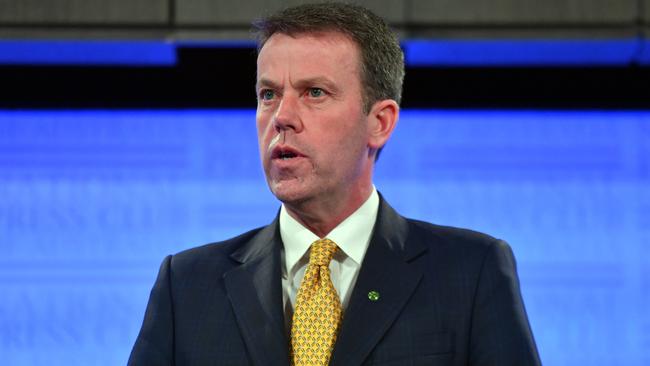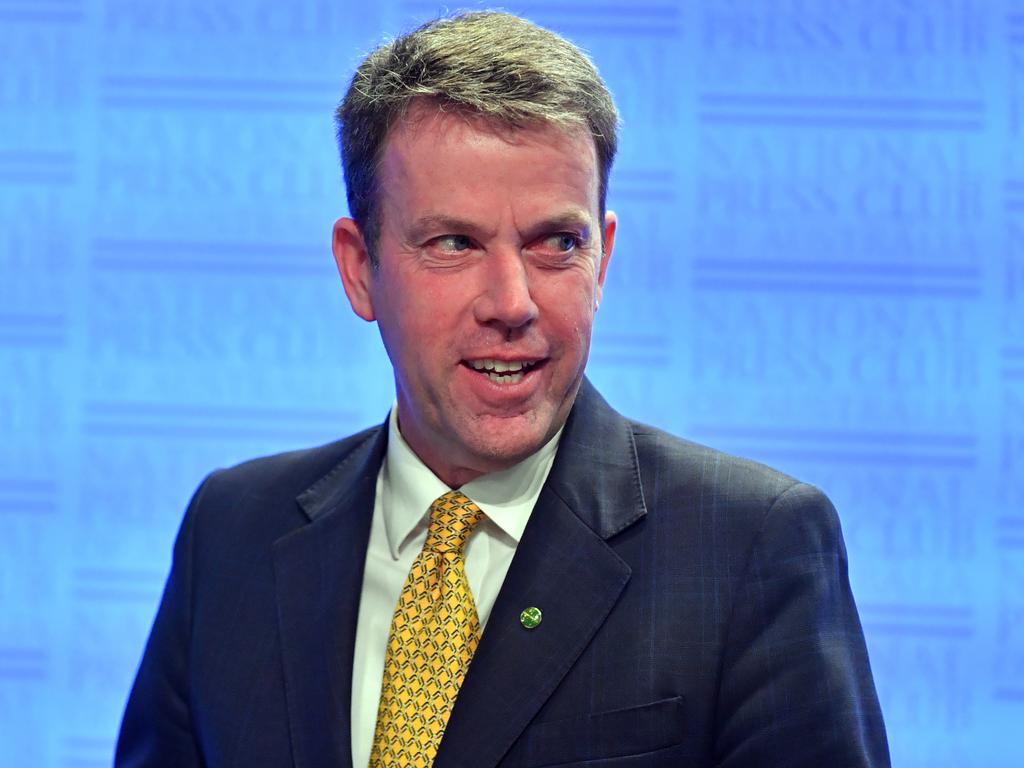Business doubt on jobs after university fee move
The government has been asked to consider ‘unintended consequences’ of its student fees overhaul.

Business groups are calling on the Morrison government to consider the “unintended consequences” of its radical overhaul of student fees, warning pushing students into post-pandemic job creator subjects may not lead to the employment outcomes it wants.
Both the Australian Industry Group and the Australian Chamber of Commerce and Industry are concerned that the overhaul of student fees has made too many assumptions about what a post-coronavirus job market will look like.
Business concerns come as major universities ramp up their attacks against the higher education legislation, with Sydney University saying it will lead to “devastating consequences.”
AI Group director of workplace engagement Megan Lilly told The Australian that the bill’s push to promote science, maths, and teaching overlooked the job opportunities in humanities.
“We have to make sure there are not unintended consequences, that’s the main concern … promoting one course over the other is problematic,” she said.
“The one thing we know about the jobs market is that all the balls are in the air and they could land in a very different place … we have to be as open as possible to lots of different growth areas.”
“We’re not of the view that the humanities is unnecessary. Graduates get very good generalist skills and it can lead to very good career opportunities.”
Mr Tehan announced significant changes to university fees in June, with the government hoping to incentivise enrolments in agriculture, maths, nursing, teaching and science courses by cutting course fees by up to 62 per cent. But students studying humanities would face price hikes of up to 113 per cent.
The Australian reported in June that universities would be paid less to teach courses such as maths and engineering under the overhaul — despite those programs being promoted as post-pandemic job creators.
“There is also potentially a problem with reduced total funding to some courses being promoted. Universities might have limited places for engineering courses (despite student fees being slashed) and that could be very problematic,” Ms Lilly said.
ACCI director of education Jenny Lambert said she supported the bill. But she also warned it made assumptions about the careers market and would not change student behaviour unless the government provided students with more information about what degrees lead to jobs.
“There are some nuances that need to be worked out, there are too many assumptions. For example there is a push to promote maths but maths hasn’t always had the best employment outcomes,” she said.
“We think it’s good that funding is being adjusted to graduate outcomes and students can make their degree cheaper by choosing units in a cheaper course, that will give them a balance of skills.
“But the downside of our world’s best HECS scheme is the cost of degrees is hidden to students … these changes will make no difference if the government doesn’t give them better information about the employment opportunities are.”
The Australian revealed on Monday that the Group of Eight sandstone universities had rejected the Morrison government’s higher education reforms in a submission to Mr Tehan, warning the bill could cut their funding by stealth, lead to perverse outcomes” and hand too much power to the federal education bureaucracy.
The University of Sydney, in a separate submission, said the bill should not be considered until Mr Tehan and the higher education sector had reached a separate deal on research funding, and the passage of the reforms could be “devastating.”
“The result is that the greater a university’s success in winning external research grant funding, the greater the financial shortfall it faces delivering the research,” the submission states.
“Parliament should not be asked to consider a Bill that risks devastating consequences for the nation’s research capability until full details of the Government’s proposed policy solutions are provided.”
The Australian National University’s submission questioned the data underpinning funding changes, and accused the bill’s push to remove taxpayer funding from students who fail half of their first year subjects of being too harsh.
“Adding regulatory red-tape and putting additional pressure on vulnerable students does not achieve the outcome we are all seeking,” the ANU submission says.
“Underpinning the Bill is Deloitte Access Economics’ Transparency in Higher Education Expenditure Report from 2019 which looked at the average cost of various courses of study. … an average cost does not reflect the quality of the course delivered.”








To join the conversation, please log in. Don't have an account? Register
Join the conversation, you are commenting as Logout